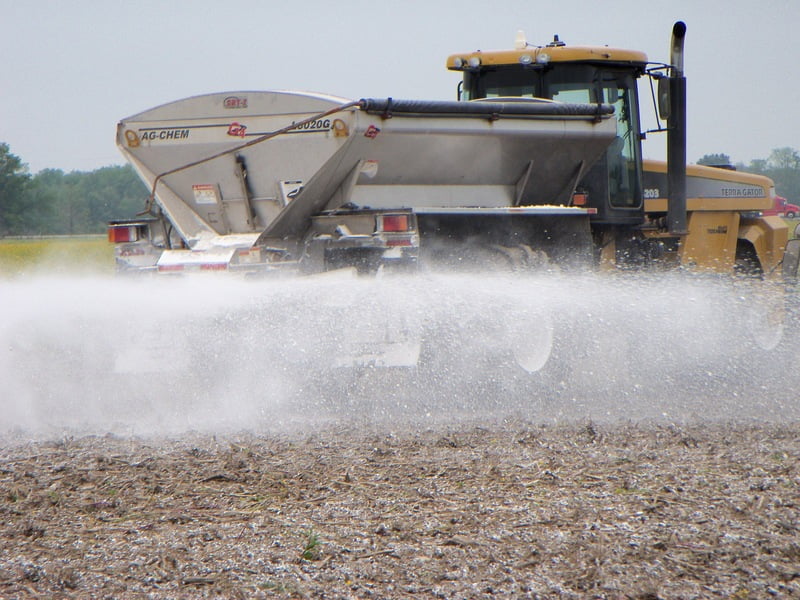9 Things to Remember When Buying Gypsum

Important Buying Gypsum Tips
For buying gypsum pay attention to these items:
1_ The higher the percentage of sand in gypsum is the lower its quality will be and vice versa.
2_ The lower the pH value of gypsum is the higher its quality will be.
3_ Salinity (expressed as EC) is the most important factor in selecting high quality gypsum. The lower the salinity (EC value) of gypsum is the higher its quality will be.
4_ The higher the Ca content of gypsum is the better its quality will be.
5_ Magnesium (Mg) is an undesirable element in gypsum. the higher the Mg content of gypsum is the lower its quality will be.
6_ The lower the sodium (Na) content of gypsum is the better its quality will be.
7_ The important parameter of the percentage of gypsum shows the purity of the material. the higher the percentage of gypsum in the product is the better its quality will be.
8_ The lower the percentage of TNV (total neutralizing value) in gypsum is the higher its quality will be.
9_ The higher the Ca/ Mg ratio is the higher its quality will be.
It is important to consider these factors in combination with the specific needs of your project. And the manufacturer’s recommended application rates and usage guidelines.
Beside these tips mentioned above, paying attention to these factors can be useful too:
1. Source. Gypsum can be obtained from various sources, including natural deposits and synthetic processes. The source of the gypsum can affect its purity, particle size, and other characteristics. Choose a reputable supplier that can provide information about the source and quality of the gypsum.
2. Quantity. Consider the quantity of gypsum needed for your intended use and the cost-effectiveness of buying in bulk versus smaller quantities.
3. Application method. Consider the application method for gypsum, whether it will be spread on the soil surface or incorporated into the soil. The method of application can affect the rate and effectiveness of the gypsum.
4. Storage. Proper storage of gypsum is important to maintain its quality and prevent contamination. Store gypsum in a dry, cool place away from moisture and other contaminants.
